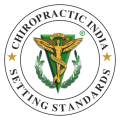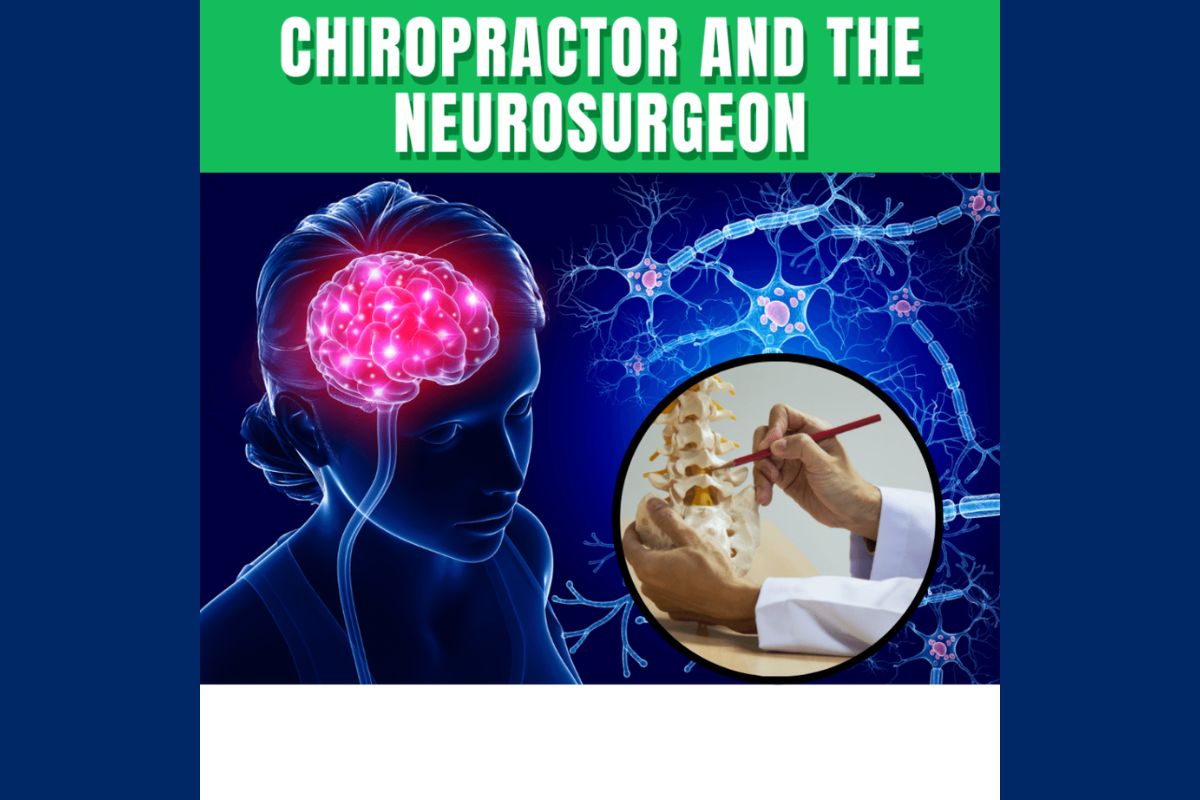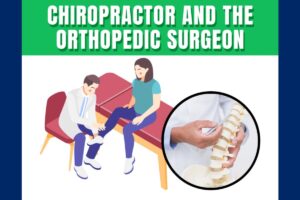Chiropractor and the Neurosurgeon
When we think about chiropractic, one feature that does stand out is that this is a non-surgical profession; and this is a good thing! Many, far too many surgeries are done that could have been avoided; fortunately thousands have been avoided and that is to chiropractic’s credit. Conservative care is effective in solving many spine and nerve conditions that can and do respond to chiropractic methods; and more often than not, avoids the need for someone to undergo surgery.
Neck and lumbar spine problems may deteriorate to the degree that the body will no longer respond to conservative care, such as Chiropractic, in a timely way; and a referral to the neurosurgeon may be the next logical step. The question confronted by the chiropractor and their patients at the beginning of care is whether a surgical referral should be made sooner or if there are compelling reasons for still undertaking a conservative course of treatments.
That being said, there is a smaller percentage of cases that may still require an appropriate surgical intervention. What neurosurgeons have reported to me, in cases that a patient has only partially responded to chiropractic care, is how much better is the patient’s recovery and restored range of motion in the neck following a surgical procedure; much more so than their other patients that went directly under the knife, without a brief period of chiropractic care.
Does that mean that every patient who is scheduled to undergo spinal surgery should undergo a chiropractic evaluation and period of treatment? One could logically argue the case that this is an excellent partnership. Trouble is, when patients are referred to the chiropractor by a surgeon, perhaps only 10% may still need to return and get the surgery. That is correct, we find that about 90% of spine cases respond well to conservative care under chiropractic management. Since the majority of cases of discogenic spondylosis do reasonably well, even if partially, there is s moderate level of confidence by the chiropractor in accepting this type of patient scenario; even in severe cases. Therefore, it is worth while to undergo a three week trial. Expectations are to see the patient improve 50% in objective findings such as range of motion and positive changes in orthopedic and neurological findings. Also expected is a 50% reduction in the subjective complaints of pain levels and or reduction in the extent of radiation of nerve pain, or frequency and duration of the pain.
Under the best of circumstances there are still opportunities for chiropractors and neurosurgeons to co-manage several patient situations. Unlike the Orthopedic surgeon who has in general traditionally been opposed to chiropractic, we find neurosurgeons tend to have more respect for the work chiropractors do. This may be due to the shared focus on the nervous system and the special training both undertake for the conservative care of the spine and nerve conditions. Patients are fortunate indeed when they find a neurosurgeon who understands the value of co-management with a local chiropractor.




